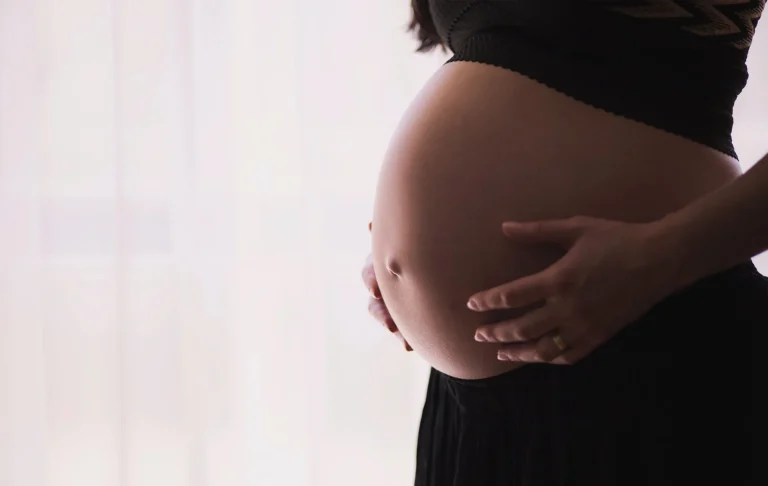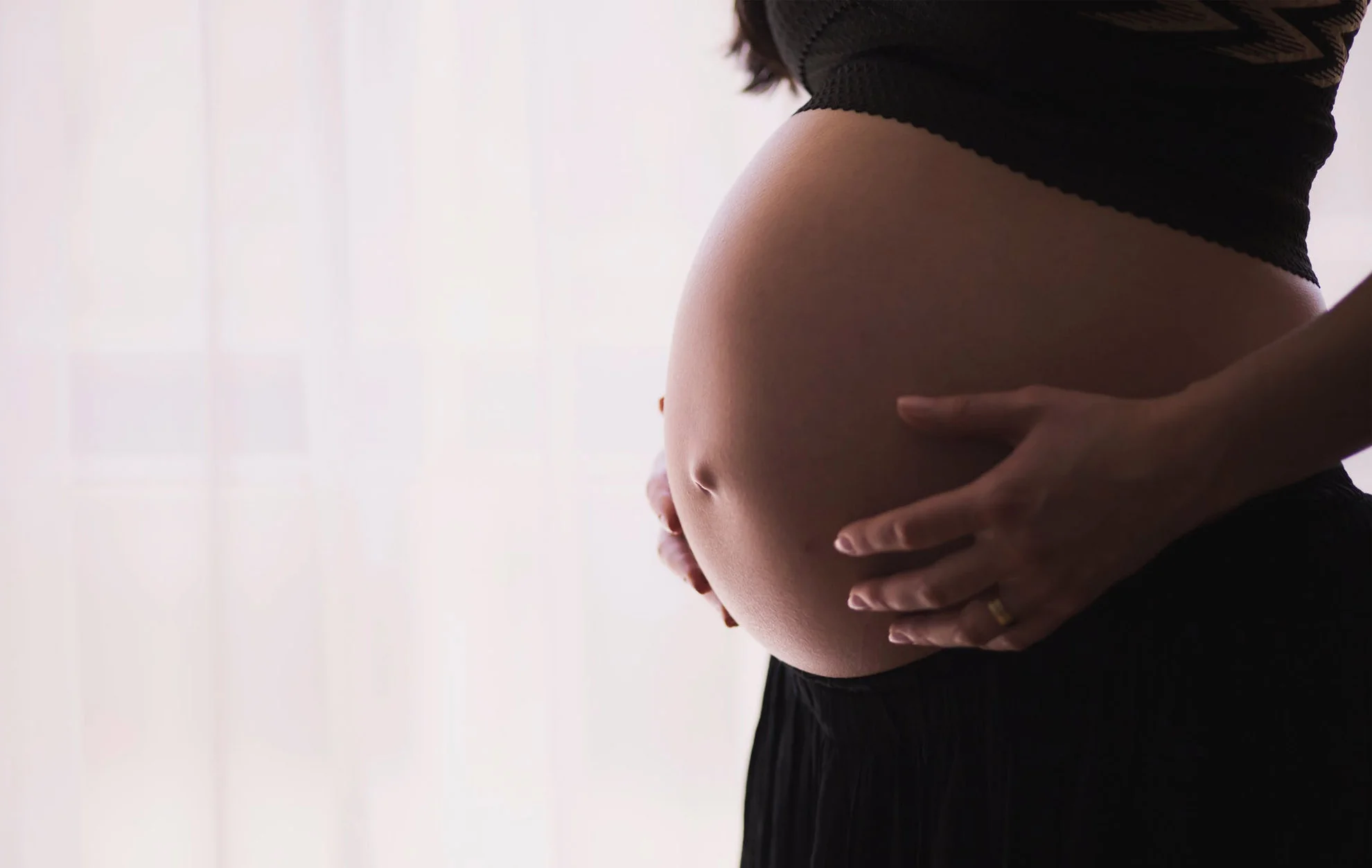It is recommended that every pregnant woman undergo a general urine test once a month to detect any possible infections and initiate appropriate treatment. It is important to know that in pregnant women, bacteriuria (bacteria in the urine) is always treated, even if there are no symptoms. This is due to the risk of complications that bacteria in the urine can bring during pregnancy.
Where do bacteria in urine during pregnancy come from?
A urinary tract infection is often caused by the bacterium E. coli. It is present in the colon and can move from the anal area to the urethra and from there to the bladder or higher parts of the urinary system, such as the kidneys. Other bacteria that can cause urinary tract infections include Proteus mirabilis and Klebsiella spp.
Pregnancy is a time of many changes in the mother’s body, some of which affect the urinary system. Pregnant women are more susceptible to urinary tract infections and the presence of bacteria in their urine. This is due, among other things, to urine retention in the bladder and changes in pH levels. In addition, the ureters expand, leading to urine retention in the kidneys, which promotes the growth of bacteria. The increased glucose levels in urine during pregnancy can also lead to asymptomatic bacteriuria.
Bacteria in urine during pregnancy – Symptoms
Bacteria in urine during pregnancy may not cause any symptoms. In this case, it is called asymptomatic bacteriuria. However, it is possible for pregnant women to experience uncomfortable symptoms related to an infection. These symptoms include:
- Painful urination
- Frequent urge to urinate
- Burning sensation
- Pain during urination
If symptoms indicating a urinary tract infection occur, the pregnant woman should undergo a general urine test as well as a urine culture with antibiotic sensitivity testing.
The symptoms associated with the presence of bacteria in the urine often depend on the exact location of the infection. In the case of cystitis (bladder infection), in addition to frequent urination and burning, there may also be pain in the lower abdomen. However, if a pyelonephritis (kidney infection) occurs, the symptoms are much more severe. These include high fever, chills, pain in the kidney area, nausea, or vomiting. In such cases, treatment in the hospital is required for the pregnant woman.
Bacteria in urine during pregnancy – Treatment
As mentioned, any bacteriuria in a pregnant woman must be treated, even if it does not cause symptoms. Bacteria in the urine can lead to serious complications later in the pregnancy.
Treatment for a urinary tract infection typically involves the use of antibiotics. However, it is important to know that not all antibiotics are safe for pregnant women to take. Doctors usually recommend penicillin, cephalosporins, or nitrofurantoin, which should be avoided until the 12th week of pregnancy. It is best if the antibiotic is tailored to the specific bacteria based on the urine culture and antibiotic sensitivity testing. In cases of fever or pain, pain relievers and fever-reducing medications are also used.
To avoid relapses of bacteria in the urine, pregnant women are advised to drink enough fluids (at least 1.5 liters per day), maintain proper intimate hygiene, and not delay using the toilet, as urine retention in the bladder promotes bacterial growth.
Bacteria in urine during pregnancy – Complications
Untreated bacteriuria can lead to acute pyelonephritis, which in turn can cause preterm birth and low birth weight. It is also possible for untreated bacteria in the urine to cause kidney failure in the pregnant woman. Therefore, it is important to regularly undergo urine tests as recommended by the doctor to prevent potential complications. Typically, after the treatment is completed, a follow-up urine culture is performed to ensure that the treatment was successful and that no bacteria remain.











